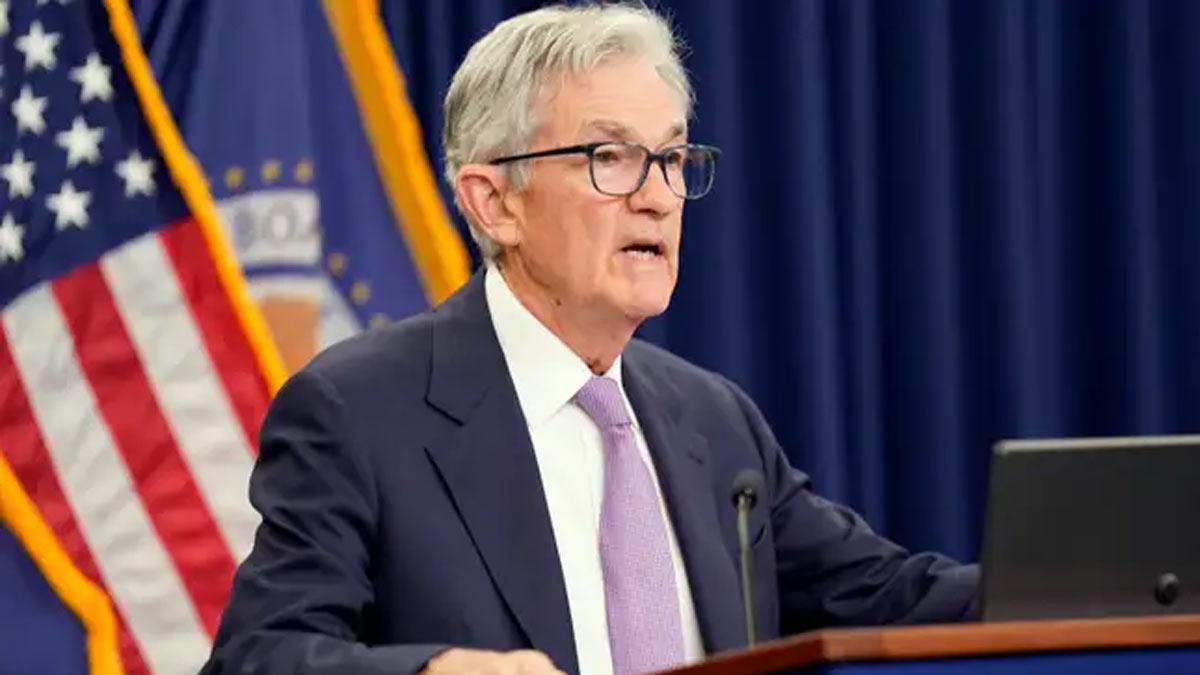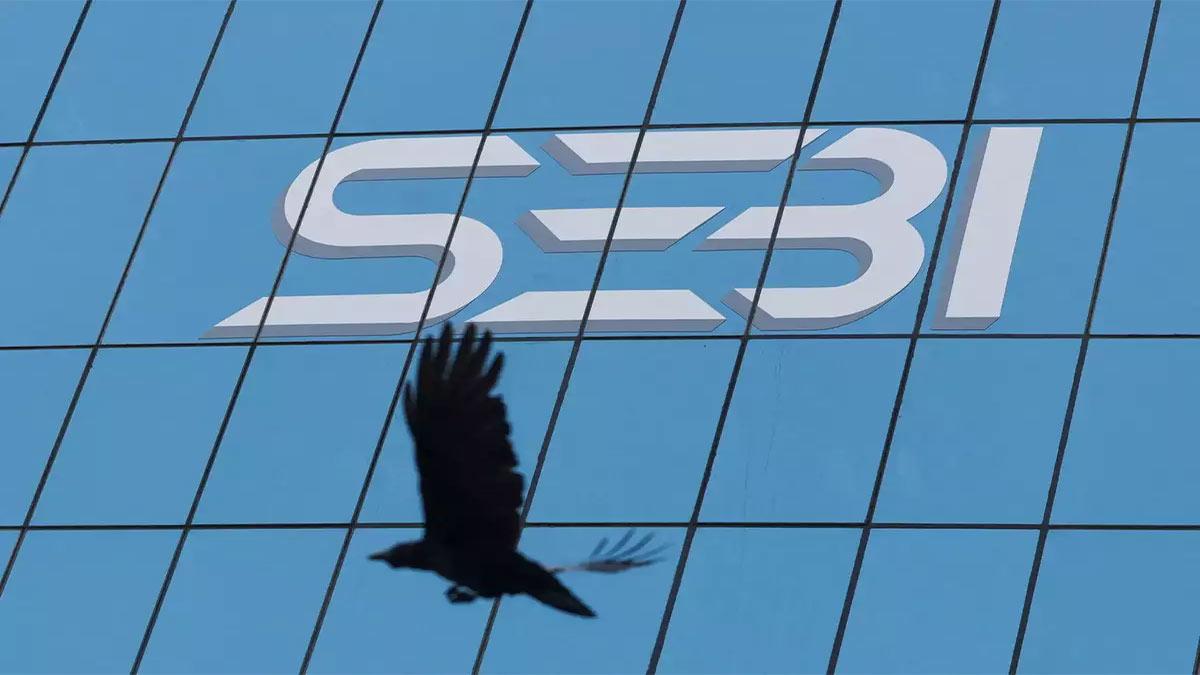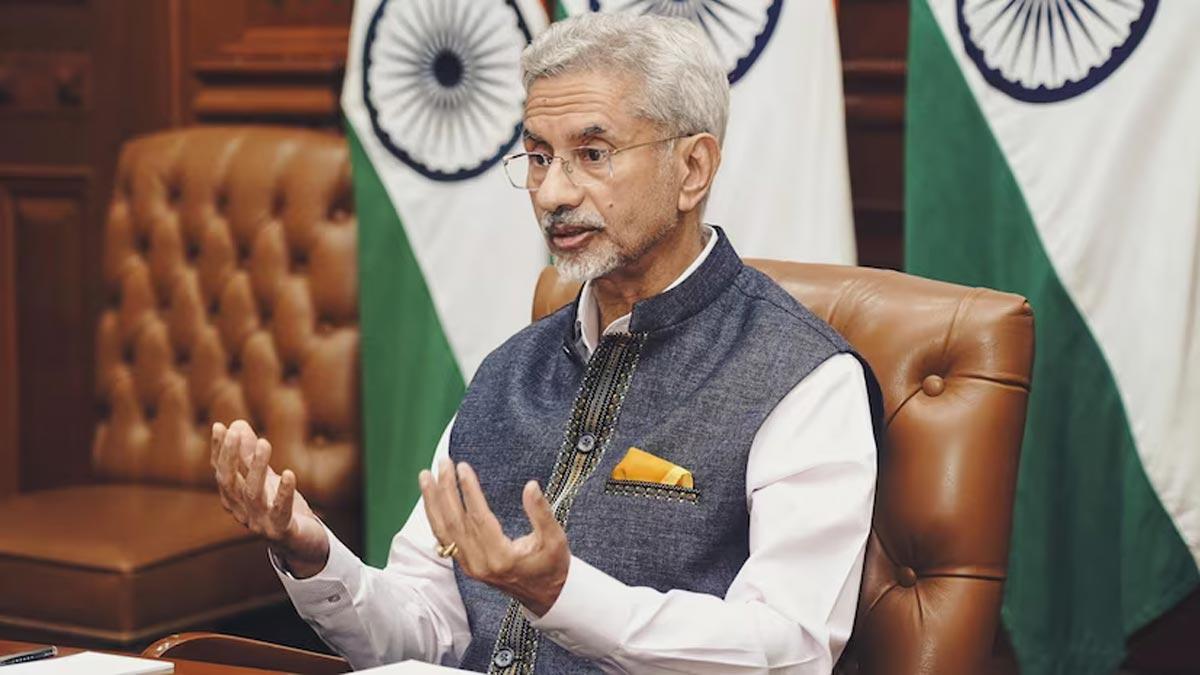US Federal Reserve lowers interest rates 25 basis points. Declining inflation as well as a weakening labor market are cited as reasons for yesterday's cuts; this is the second rate cut in this easing cycle.
Since earlier in the year, labor market conditions have eased on net, and the unemployment rate has continued to edge up but remains low. Inflation moved somewhat closer to the Committee's 2 per cent objective but remains somewhat elevated, the Federal Open Market Committee said on Thursday in a statement.
To support its objectives, the committee decided to decrease the target for the federal funds rate by 0.25 percentage points to 4.5 percent to 4.75 percent as indicated in the statement.
The latest move by the Fed came in the wake of a weak employment report which saw US employers add just 12,000 jobs in October amid a cooling labour market. Strike and impact of recent hurricanes overshadowed the slowdown, Xinhua news agency added.
The most recent report also revised downward employment for August and September to a gain of 78,000 and a gain of 223,000, respectively. Combined, employment in the two months is now 112,000 lower than previously reported.
The central bank, after its September 17-18 meeting, reduced the target range for the federal funds rate by 50 basis points. It was the first rate cut in more than four years, and thus, marked the beginning of the easing cycle.
Fed Chair Jerome Powell said at a press conference after the Fed's two-day policy meeting that "inflation has eased considerably over the past couple of years", but core inflation is somewhat elevated.
Total Personal Consumption Expenditures (PCE) prices—the Fed's preferred inflation measure—rose 2.1 per cent over the 12 months ending in September. Core PCE prices, excluding food and energy, increased 2.7 per cent.
"The job is not done on inflation," Powell said.
The Fed chair said the committee is "recalibrating" from a "fairly restrictive level." Two successive cuts have trimmed the target range for the federal funds rate by 75 basis points.
Powell admitted that while the economy is doing well, Americans are still hurting from high prices.
"It takes some years of real wage gains for people to feel better," he said.
The latest FOMC meeting has come right after the 2024 US presidential election, where former President Donald Trump — the Republican candidate — emerged as a landslide winner on issues such as inflation, immigration, and Middle East conflicts.
"There will be no near-term implications for Fed policy from the election," Powell said.
"Specifically, whether and to what extent those (new) policies would matter for the achievement of our goal variables, maximum employment, and price stability, we don't guess, we don't speculate, and we don't assume," he added.
Responding to a question whether he would quit if President-elect Donald Trump asked him to do so, Powell said, no.
Asked whether he thought the incoming President had the authority to fire him, the Fed chairman responded, "Not permitted under the law."
Read also| ED Raids Multiple Sellers Linked to E-Commerce Giants Amazon and Flipkart


















